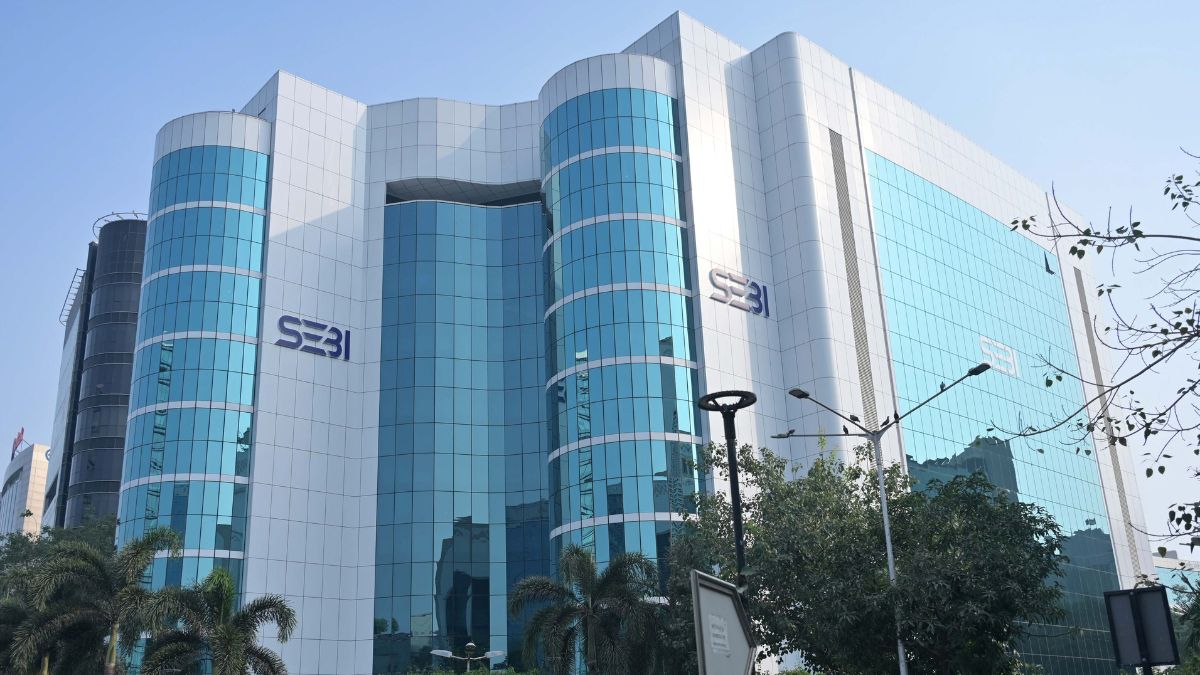At a time when there has been a surge in public issues on Indian stock exchanges, market regulator SEBI has revised IPO (initial public offerings) rules for small and medium enterprises in a bid to safeguard investor interest and curb malpractices.
The new rules now mandate that issuers can make an IPO only if the issuer has an operating profit (earnings before interest, depreciation and tax) of Rs 1 crore from operations for any two out of three previous financial years at the time of filing of the draft red herring prospectus.
Also, the IPO can't be for repaying loans.
"SME issues shall not be permitted, where objects of the issue consist of repayment of the loan from promoter, promoter group or any related party, from the issue proceeds, whether directly or indirectly," said the Securities and Exchange Board of India in a statement late on Wednesday night after its board meeting.
Another important measure imposed by the market regulator is that the offer for sale (OFS) by selling shareholders in SME IPOs shall not exceed 20 per cent of the total issue size and selling shareholders cannot sell more than 50 per cent of their holding.
Further, the DRHP of an SME IPO filed with the stock exchanges will have to be made available for 21 days for the public to provide comments on it, by making a public announcement in a newspaper with a QR code.
Separately, the SEBI board on Wednesday also approved the setting up of a performance validation agency for research analysts and investment advisors.
"In order to facilitate persons regulated by the board or their agents to market their services to investors using their risk-return metrics, the board has approved the proposal to recognise a Past Risk and Return Verification Agency (PaRRVA), which shall verify the risk-return metrics in respect of services of such persons or their agents," SEBI said.
PaRRVA shall carry out the verification of risk-return metrics for investment advisors, research analysts and Algorithmic trading, and those persons permitted by the board to offer these services.
Also, the risk-return metrics verification shall be made only on a prospective basis from the effective date of opting for the PaRRVA service.
Initially, it will operate on a pilot basis for two months.



